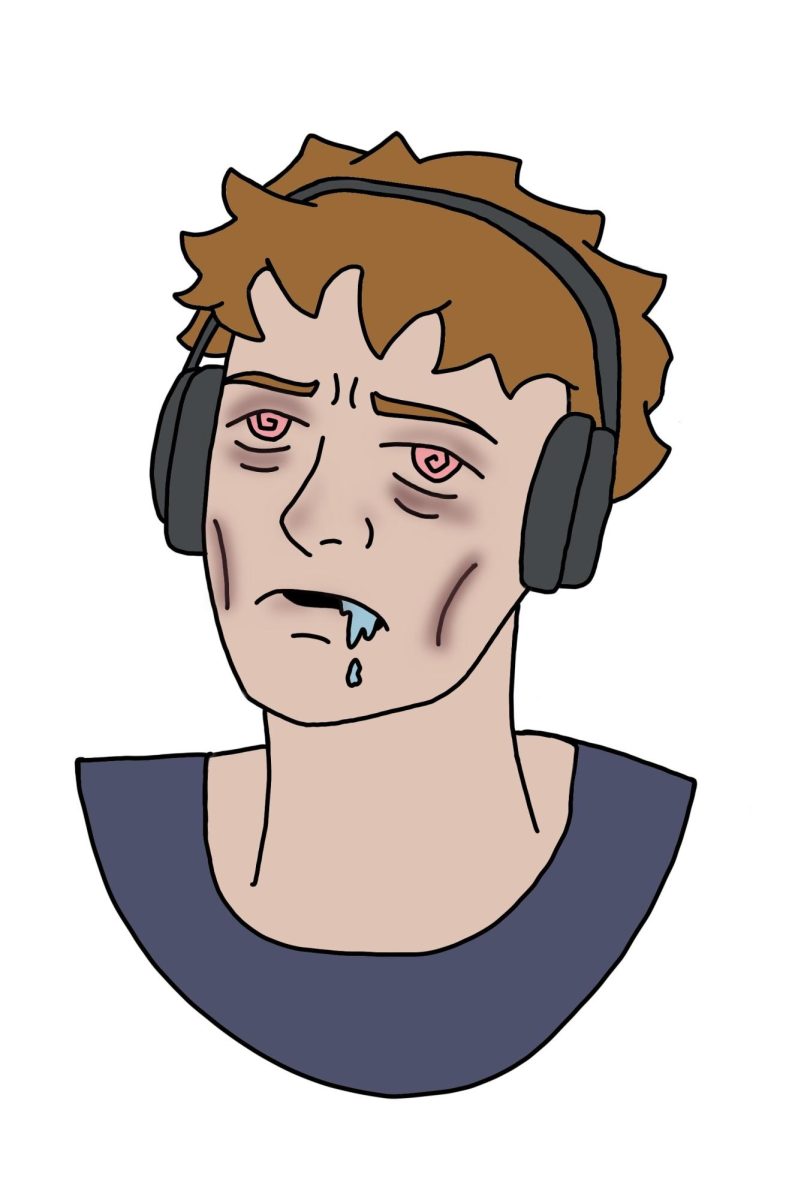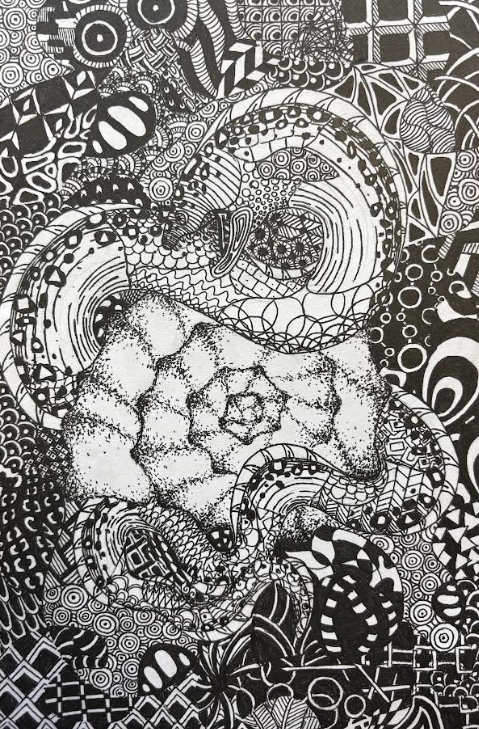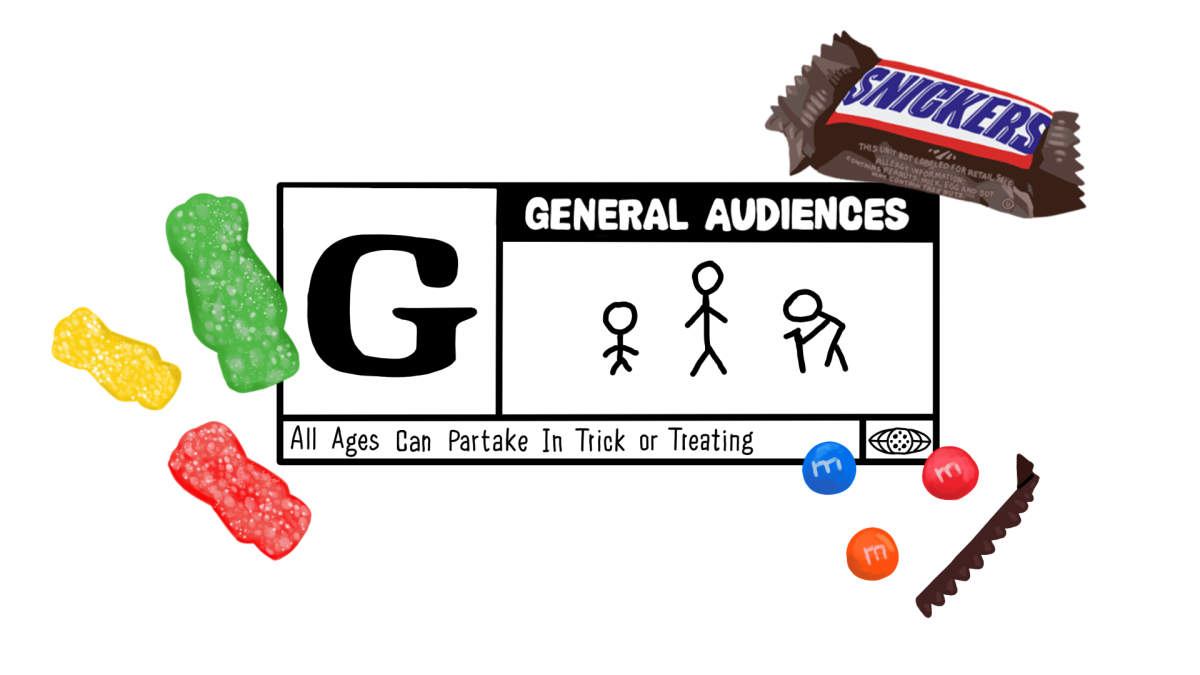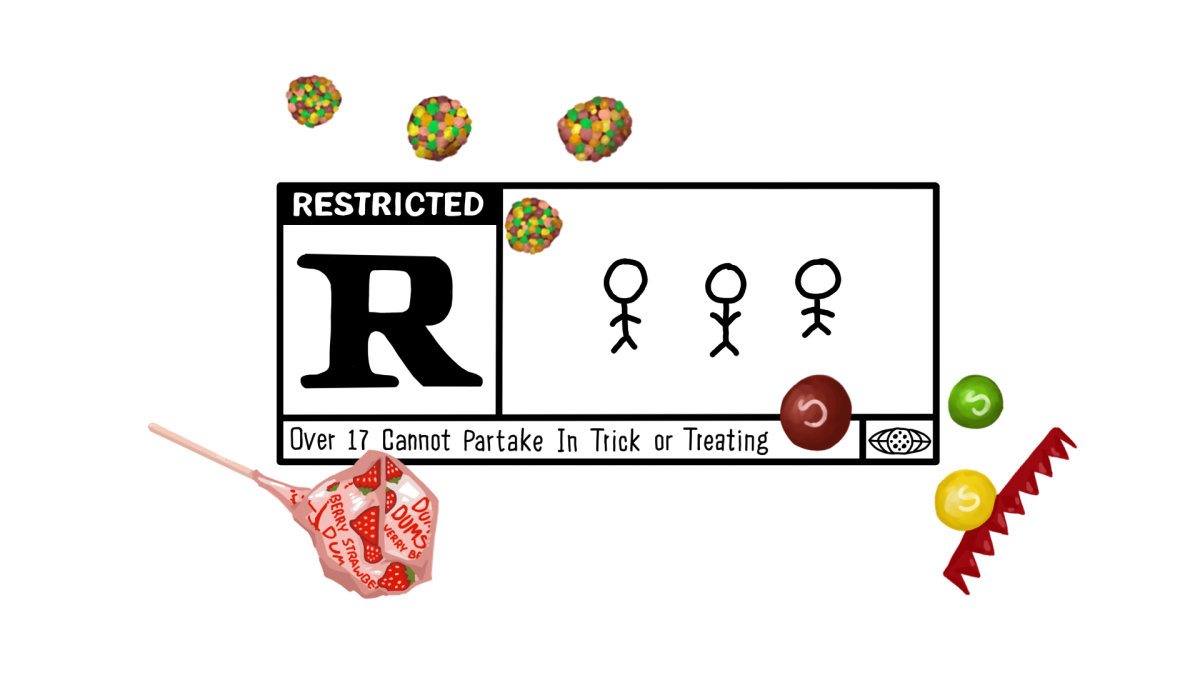Have you ever caught yourself hiding an AirPod behind your ear, hoping that your teacher does not catch you listening to music? Well, guess what, you are not alone. According to the poll that was posted on The Phoenix’s instagram, 88% of FHS students reported that they listen to music during school hours. This means that while teachers are conducting lessons or while a student is out with their friends during lunch time, the mass majority of students are listening to music sometime during school hours. Do not even forget about the amount of hours of music one listens to outside of school too. Once someone craves something both uncontrollably and unconsciously, it can be classified as an addiction.
Just like most addictions, music addiction affects people’s emotions. Studies have shown that music triggers a dopamine release that causes one to have an “intensely positive emotional response,” according to Healthline. Many theories suggest that the more you listen to music, the more the brain depends on music to trigger dopamine release. Studies support the theory of music addiction even if it is not officially diagnosed yet.
Music is subconsciously a big part of our daily lives, to the point where we start depending on it to make any challenging tasks such as taking out the trash or waiting in a long line tolerable.
“When I’m on the bus or walking somewhere, I can’t read a book or do homework, so I find myself listening to music to fill the silence,” FHS sophomore Charlotte Painter said. But the more music is frequently played, the more it can start creeping into tasks that require your full attention. This can be paying attention while the teacher is going over quiz corrections, or explaining instructions for an important assignment. Music dependence is one of the main reasons why students use AirPods despite rules set by teachers. Even while most teachers have enforced rules that are set against the usage of music, there are still some who do not.
“Sometimes, a lot of students have a lot of different thoughts going on in their head,” FHS World Literature teacher Crystal Cifuentes said. “ We all have different kinds of stresses, and so I think music is a good way for students to kind of calm the mind and reduce some of those thoughts and let them just kind of focus on doing what they’re doing at the moment.”
Another alarming factor revolving around music addiction is the increase in usage of headsets. Specifically, when an airpod is constantly in our ear it creates many negative effects such as ear infections, irritation, build up of ear wax, and even in some cases can cause hearing loss, according to mana.com. Music addiction does not just affect our mental attributes, but physical as well.
However, on the brighter side, music can change one’s perspective on a certain moment. Imagine two people walking together while it is raining outside. For one not listening to music, it may feel like just an ordinary experience. However, the one listening to music views this as a cherished memory — sharing a moment with a friend with a song playing in the background. While this situation goes with the saying that “music sets the mood,” what if it is instead creating false emotions and is just a tool that humans are using to over-romanticize things?
While music romanticizes, it also intensifies the emotion you are feeling in the moment. Going through a breakup? You listen to sad songs to cry to. Nervous for a test? Upbeat music to hype you up. A happy moment? Happy songs to make you feel even better!
Nowadays, with the easy access to media, books, newspapers and music, the brain is occupied more often than not. The ability to live in silence for an extended period of time has now shortened in recent years as new yet different forms of entertainment have been released, but studies have found that one needs silence for the health of their brain.
Silence engages a network of brain regions that are related to introspection and memory consolidation. Memory consolidation is when short-term memories are stabilized and are then stored long-term. During introspection the brain is “free to explore thoughts, reflect on experiences and develop self-awareness,” according to Science News Today.
Music can be there for you at any moment. Whether you need music to help you get through a hard day or just need it to fill up the silence, music is always there for you. But maybe it is “being there for you” too much now, too much to the point that you start relying on it. You have given it control over your emotions, relying on it to be your daily release of dopamine. Reaching this level of a subconscious need for something signals that you might have an addiction. Now it is up to you to decide how this addiction affects your life.















